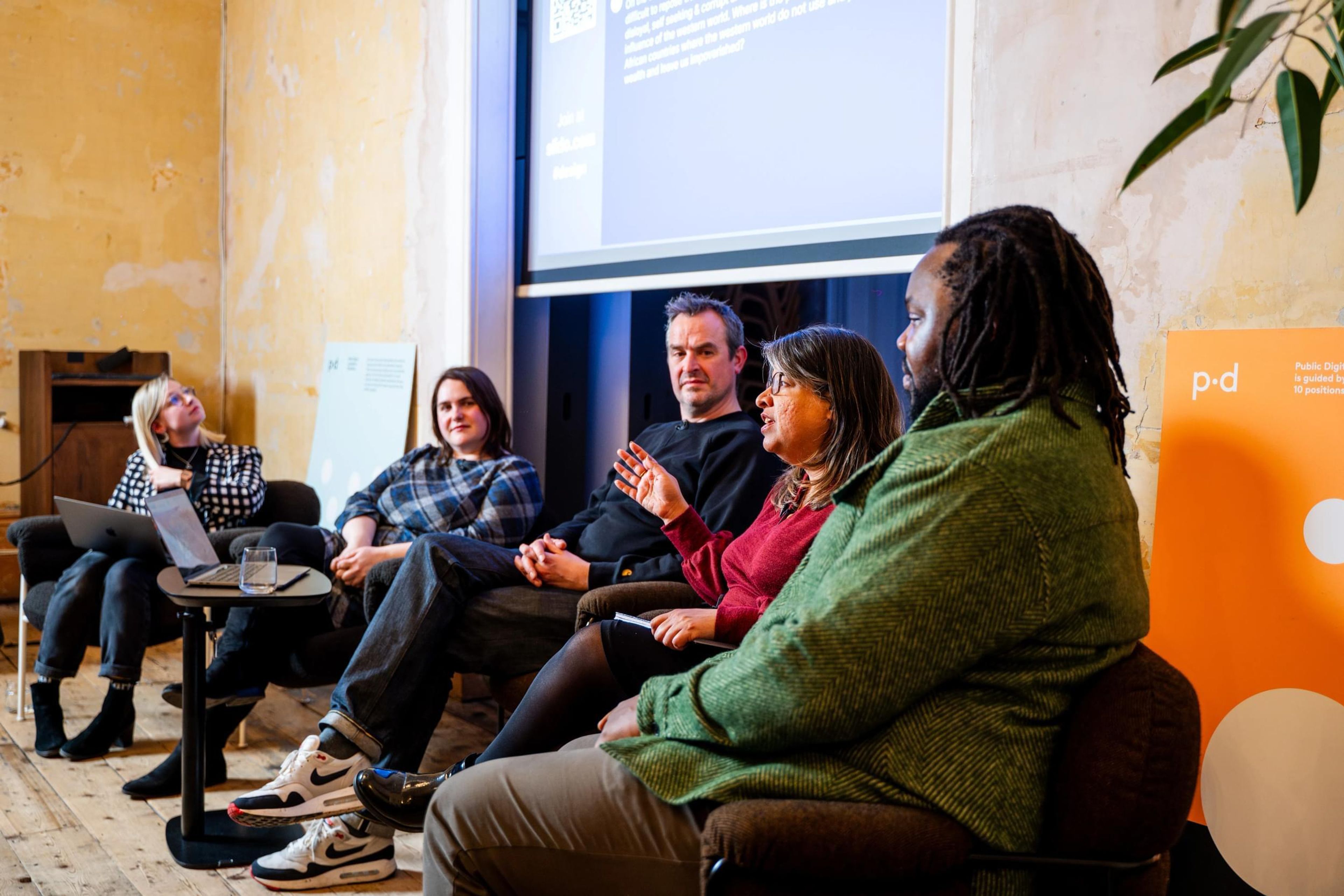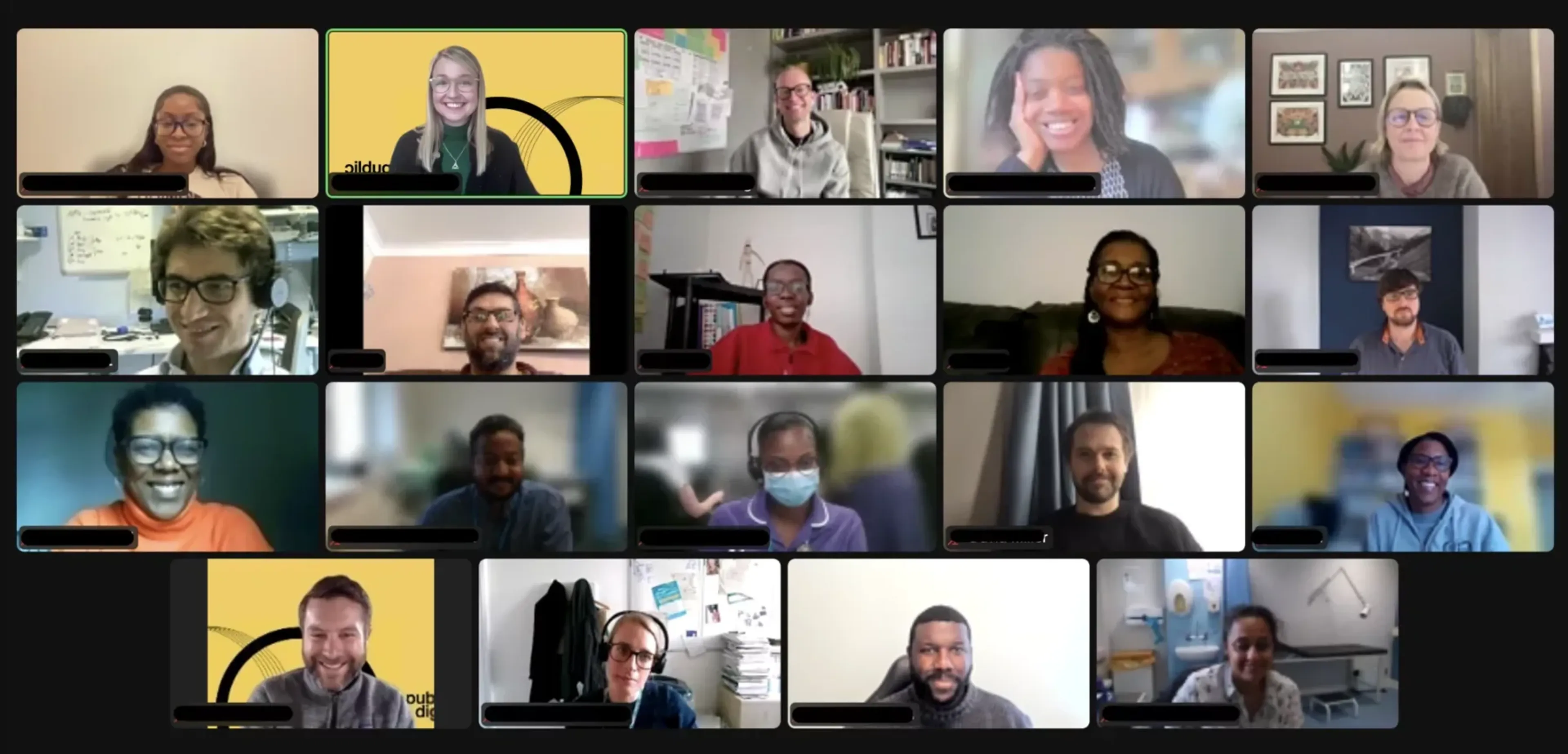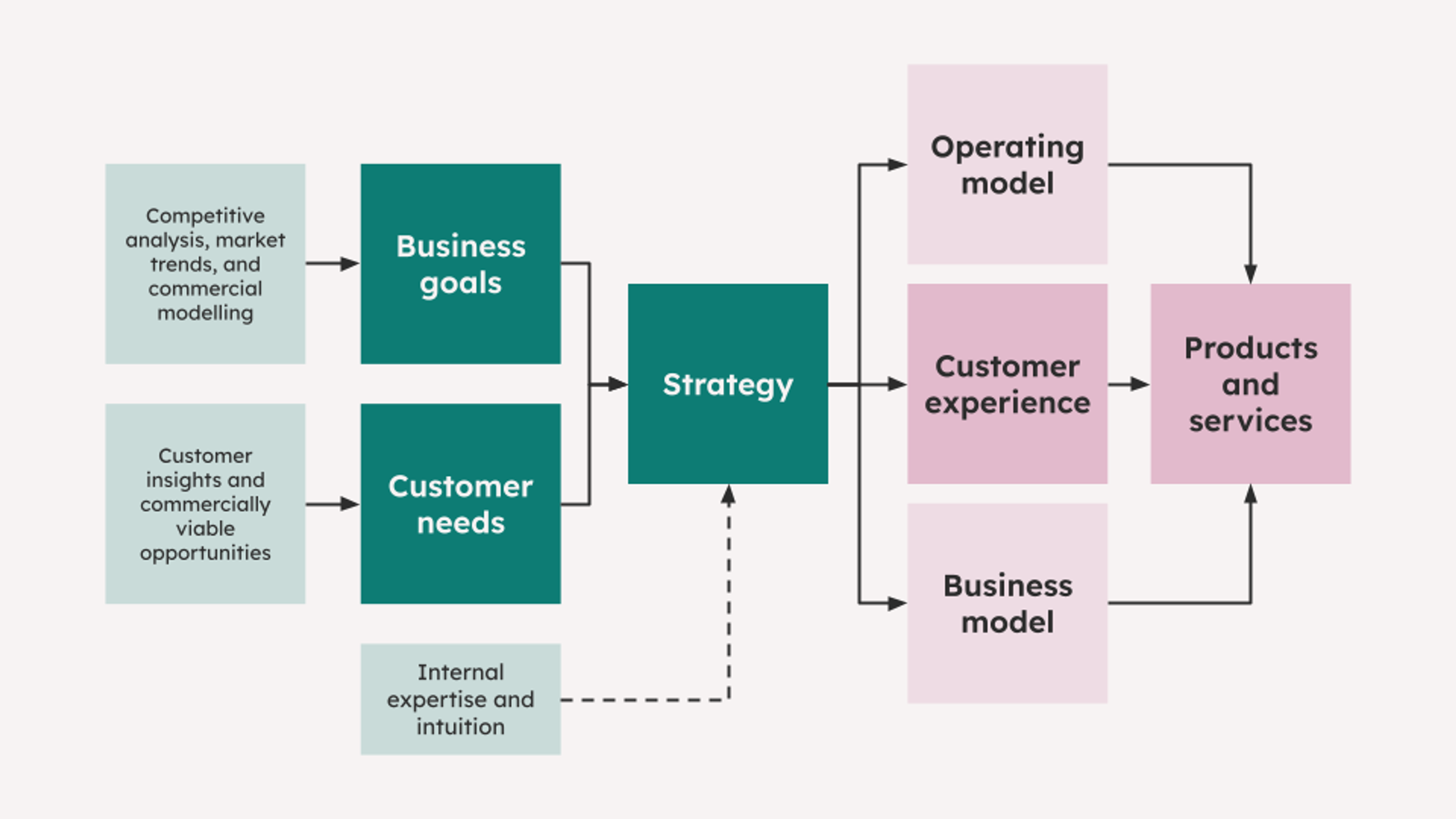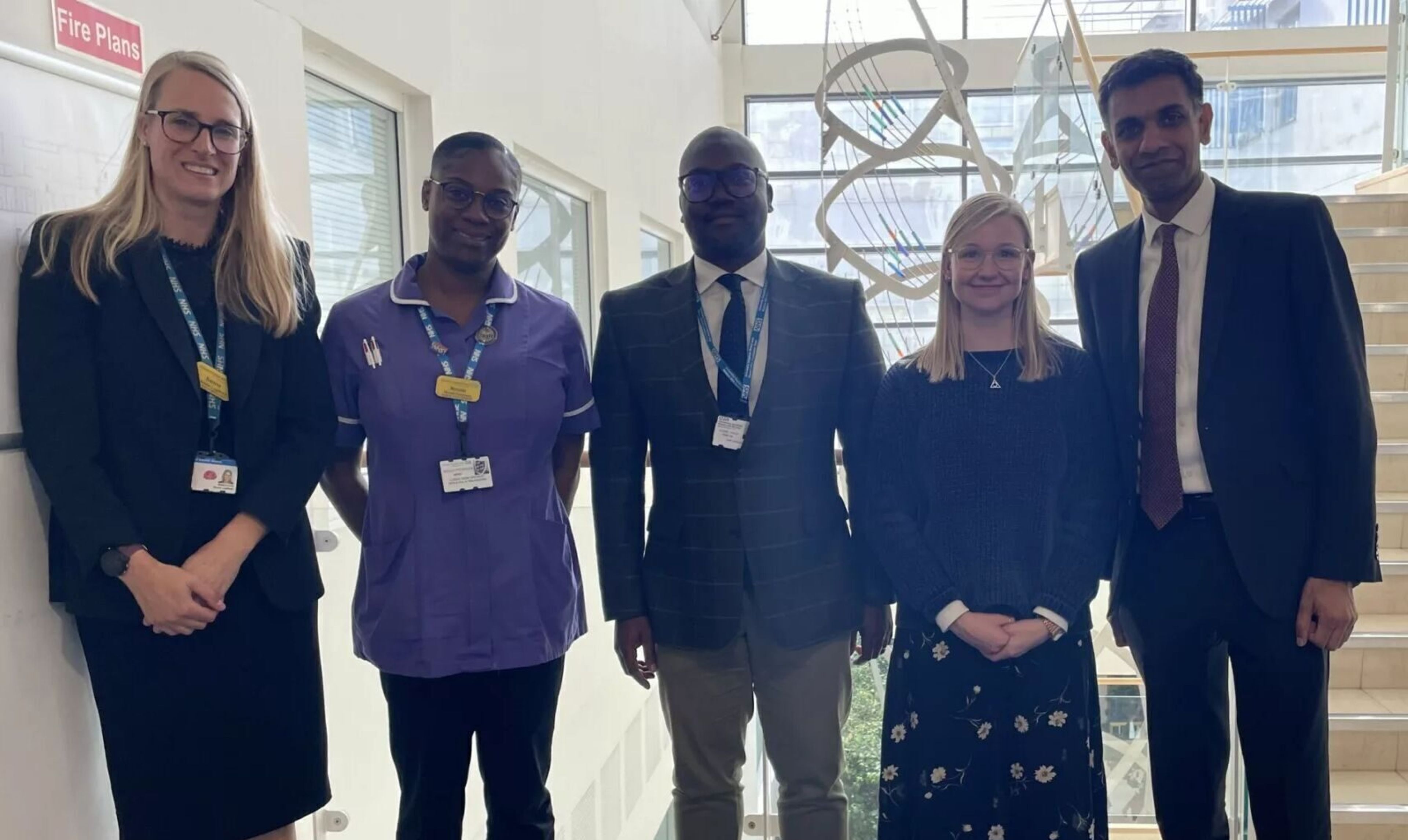
Sickle Cell - Weeknote #10

7-11 November 2022
What have we been up to this week?
This week all of our attention was focused on designing and hosting our prioritisation workshop, which happened earlier today.
Who came to our workshop?
We were absolutely thrilled to be joined by such a wide ranging group of people, including:
People with lived experience of sickle cell, who either have sickle cell disease themselves or who help to care for people who do
Health care professionals who specialise in sickle cell
Health care professionals who are not expert in sickle cell, but are expert in other areas like A&E care, and General Practice - and who play an important role in caring for people with sickle cell disease
People with experience of delivering digital services and technology within the NHS
It felt like a properly multi-disciplinary team. Thank you so much to everyone who joined us.
What was the workshop for?
By bringing all of these different perspectives together, we were hoping to get a robust appraisal of the ideas that have emerged from our discovery. These are ideas that we think have potential to help people at the point at which they are experiencing a crisis.
What that meant in practice is that we wanted everyone to find the weak spots in these ideas - what we should be concerned about? What might not work? What questions did they have about them?
The point of doing this is to make sure that we don’t waste time developing an intervention that isn’t likely to work.
What were the ideas we asked our workshop participants to discuss?
First we want to stress that none of these ideas are original. Many of them are to some extent in use already. They all come from the research we’ve been doing and the conversations we’ve been having with people with sickle cell disease, and health care professionals.
The ideas we asked participants to discuss are debate were:
Personalised, digital care plans for people with sickle cell disease, to instruct non-sickle cell experts in how to get on top of a person’s pain quickly, build trust between patient and health care professionals and increase professional accountability
How to design useful sickle cell care guidelines, developed in collaboration between sickle cell experts and A&E specialists, for use in emergency settings and during a crisis, to provide non-sickle cell expert healthcare professionals in good practice for the management of a crisis
Using technology to track medication, to reduce the in-the-moment burden on people experiencing a crisis to remember and report how they manage their pain on a daily basis, and what they taken so far to manage their crisis
Using wearable technology to monitor relevant stats e.g. oxygen saturation levels, blood pressure, pulse and temperature, to help people with sickle cell disease to understand if they are going into/are in crisis and to provide information to HCPs about people's stats in the run up to a crisis
Part of the purpose of today's conversations was to establish how these ideas might work in practice. We will go into them in more detail, including how they might work and where the ideas came from in the next draft of our report.
What happened in the workshop?
After setting the context and introducing the ideas for discussion, we split into 2 groups. Each group discussed the viability and potential impact of 2 ideas. The level of debate and constructive critique was absolutely phenomenal.
The next step is to work through and properly synthesise what we heard, so that we are able to draw clear conclusions to inform the recommendations for the next phase of work.
What I can say at this stage, however, is that the amount of knowledge and experience in the room and the richness of the conversation was incredible. We’re really looking forward to getting back into the detail of it next week, and then sharing more comprehensively!
Getting in touch
And that’s us for this week! As ever, you can get in touch with me and Carl by emailing connie@public.digital. You know we’d love to hear from you!


